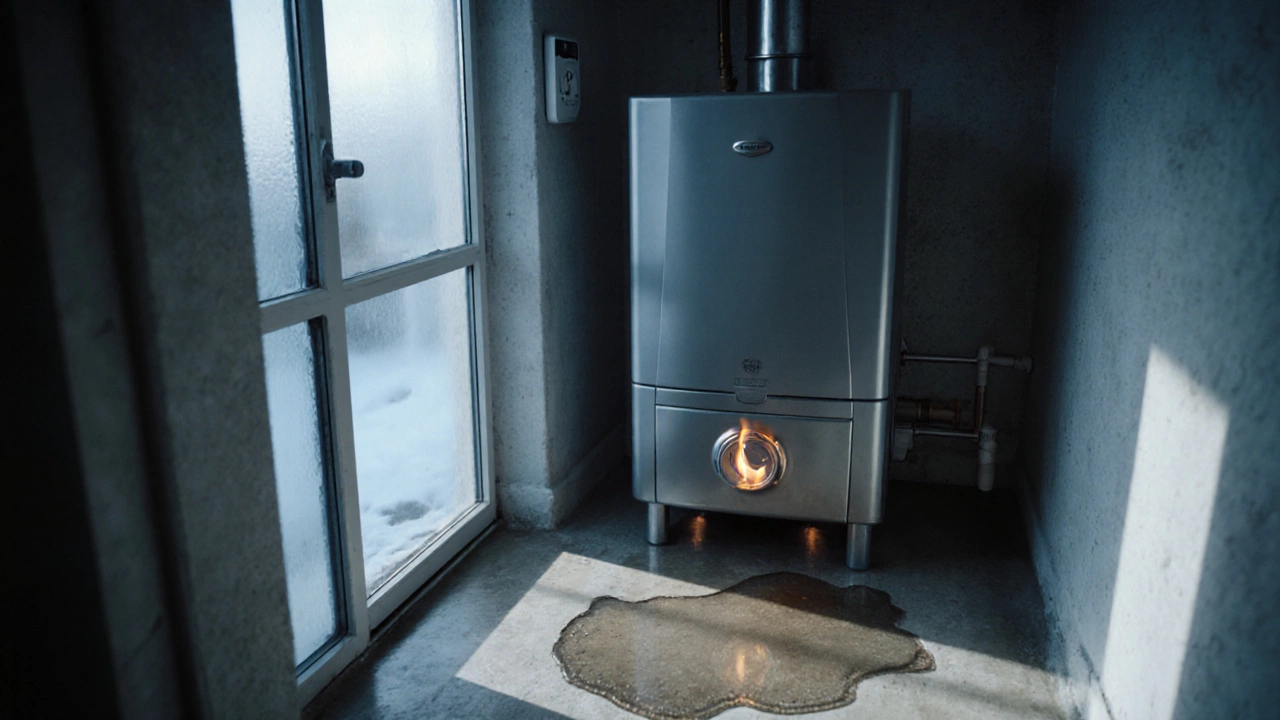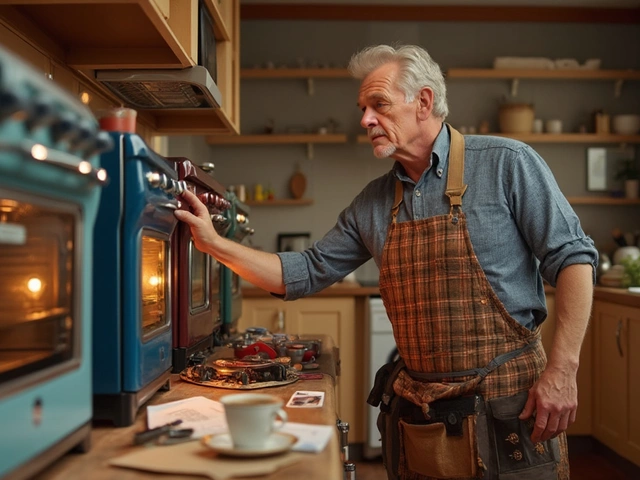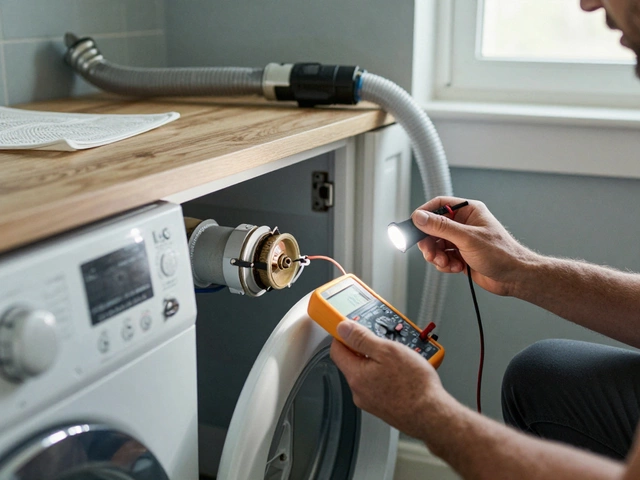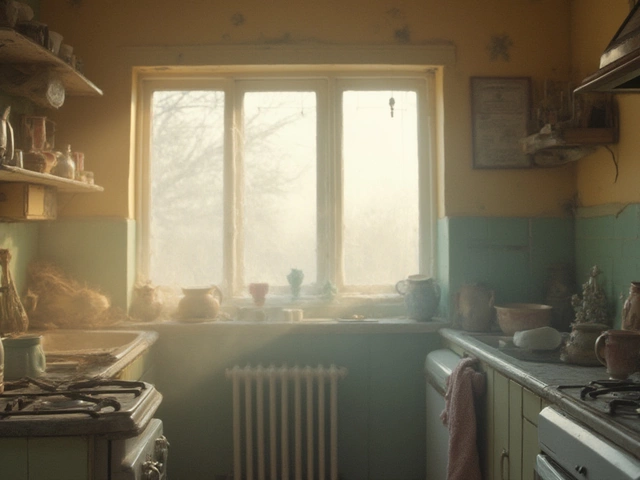Boiler Servicing: What Happens If You Skip It?
June 12 2025How to Know Boiler Is Broken
When your boiler, a central heating system that circulates hot water or steam through radiators to warm your home. Also known as a central heating unit, it’s one of the most critical appliances in your house, especially during cold months. If it stops working, you don’t just lose heat—you risk frozen pipes, damp walls, and higher energy bills. The question isn’t whether your boiler is acting up, but how to tell for sure before it leaves you in the cold.
There are clear, everyday signs your boiler is broken. If you hear strange noises—like banging, gurgling, or whistling—it’s not just being noisy. That’s usually air trapped in the system or limescale buildup, both warning signs. If your radiators are cold at the bottom but warm at the top, that’s a classic sign of sludge clogging the pipes. No hot water? That’s not normal. Even if your boiler turns on, if the water stays lukewarm or you get no heat at all, something’s wrong inside. A pilot light that keeps going out? That’s not a coincidence. It could mean a faulty thermocouple, gas supply issue, or blocked flue. And if you see water pooling around the unit, that’s a leak. Don’t ignore it. Water + gas equipment = potential danger.
It’s not just about comfort. A failing boiler can be unsafe. A yellow or orange flame instead of a steady blue one means incomplete combustion, which can produce carbon monoxide—a silent, deadly gas. If you smell gas, leave the house immediately and call a professional. Even if you don’t smell anything, a sudden spike in your gas bill without extra usage could mean your boiler is working harder than it should. These aren’t just inconveniences—they’re red flags. And if your boiler is over 10 years old, it’s not just outdated; it’s likely inefficient and more prone to sudden breakdowns.
Some people try to fix it themselves. You can check the pressure gauge, reset the system, or bleed a radiator. But if those don’t fix it, you’re not saving money—you’re risking more damage. A broken thermostat, faulty pump, or cracked heat exchanger needs a certified gas engineer, a licensed professional trained to safely service gas appliances. Also known as a heating technician, they have the tools and training to diagnose what’s really wrong. DIY fixes might seem cheap, but a misdiagnosed problem can cost you hundreds more down the line.
What you’ll find in the posts below are real, no-fluff guides on what to look for, what to check, and what to do next. Whether you’re trying to figure out if your boiler is beyond repair, comparing repair costs, or wondering if your washing machine still works when the boiler fails, we’ve got the answers. No theory. No marketing. Just what actually happens when a boiler breaks—and how to handle it without panic or overpaying.
 26 Oct
26 Oct
How to Tell If Your Boiler Is Broken - Signs & DIY Checks
Learn the tell‑tale signs your boiler is broken, run quick DIY checks, test key parts, and know when to call a pro. Includes a symptom‑to‑cause table and maintenance tips.
Read More...



